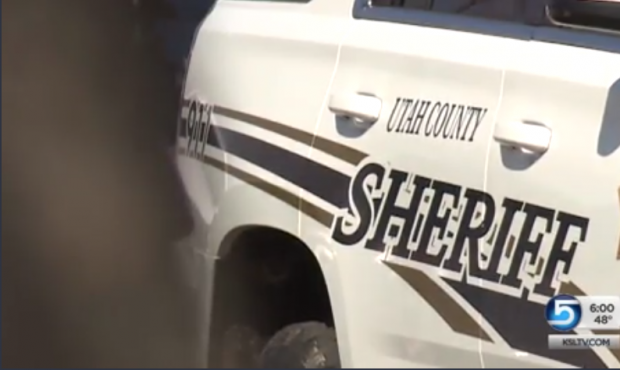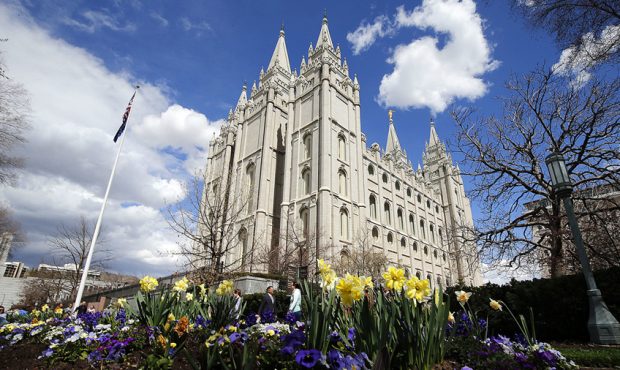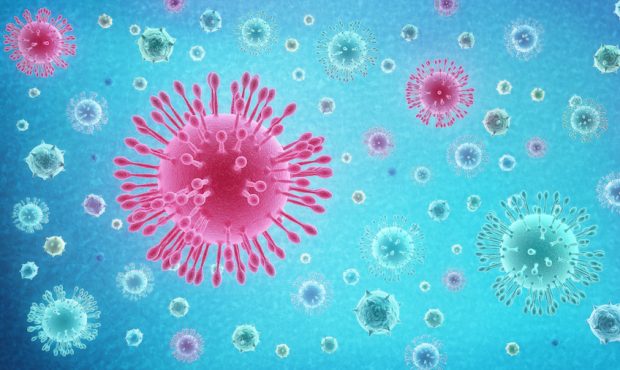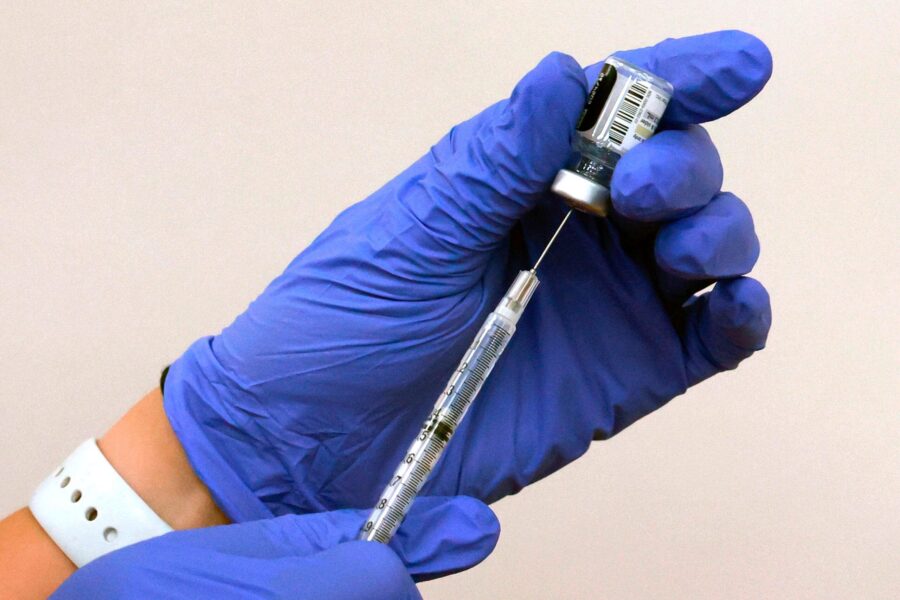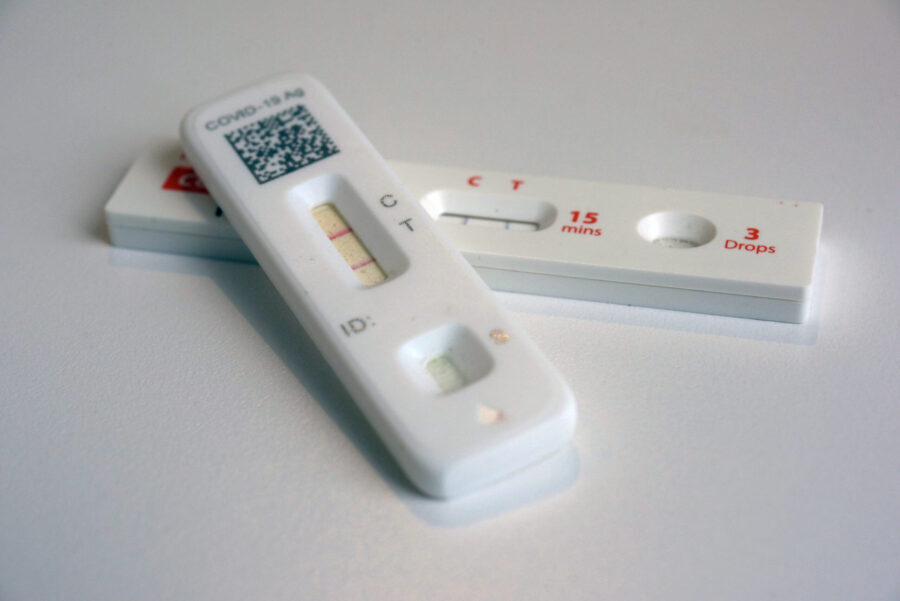Utahns Caring For Loved Ones At Home While Awaiting COVID-19 Test Results
Mar 31, 2020, 8:11 PM
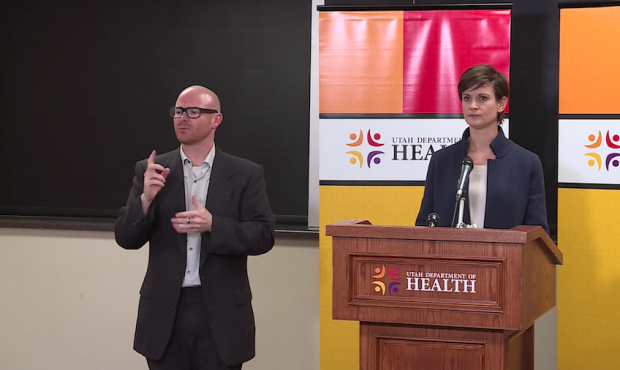
Dr. Angela Dunn, state epidemiologist for the Utah Department of Health, gives a daily update on COVID-19 in Utah on March 16, 2020.
SALT LAKE CITY, Utah – With a record number of people now being tested in Utah for COVID-19, thousands of families are caring for their loved ones at home while waiting for test results.
According to the Utah Health Department, more than 2,500 people were tested on Monday making it the most so far.
“That is huge. We just want to make sure we can meet that demand out there,” said state epidemiologist Dr. Angela Dunn.
Dunn said results for those testing positive for the virus are still sticking around the five percent range.
“We continue to see promising numbers that social distancing is working and give us evidence that it is working giving that our rate of increase is decreasing,” she said. “But just having a few days of data isn’t enough to give us any concrete evidence. We need to go at least one or two weeks before we can make good assumptions.”
Some people are being told it may even take five to seven days to get the test results depending on the insurance carrier they use.
“The turn around time is 24 hours. However, some providers are sending their test to national laboratories and those tests can take five to seven days and we don’t have any control or visibility on LabCorp request,” Dunn said.
The Centers for Disease Control has come out with some very specific guidelines in helping families know how to care for a sick person. That list includes:
- Sick people should stay in a separate room
- If at all possible, use a separate bathroom
- Avoid sharing household items, such as dishes, towels and bedding
- The sick person should wear a facemask when around others
- Wash hands often
- Avoid touching eyes, nose and mouth
- Clean surfaces daily like countertops, tabletops and doorknobs
- Wash laundry thoroughly
- Avoid unnecessary visitors
- Make sure the person who is sick is drinking lots of fluids
The other advice for the household.
“There is such a high likelihood that if there is close contact with an ill person they will become ill themselves, so it’s prudent to prevent the spread of COVID-19 that the whole household stay quarantined,” Dunn said.
Coronavirus Resources
See the latest information from the Utah Coronavirus Task Force here.
- Have you or a family member been affected by coronavirus issues in Utah? KSL TV wants to hear from you. Contact KSL by emailing social@ksl.com.
- What is COVID-19? Here’s What You Need To Know To Stay Healthy
- What We Know And Don’t Know About The Coronavirus
- Four Common Coronavirus Questions Answered
- The latest coronavirus stories from KSL TV can be found at our Staying Safe: Coronavirus section.
- Your Life Your Health: How can parents prepare their home, children against coronavirus?
How Do I Prevent It?
The CDC has some simple recommendations, most of which are the same for preventing other respiratory illnesses or the flu:
- Avoid close contact with people who may be sick
- Avoid touching your face
- Stay home when you are sick
- Cover your cough or sneeze with a tissue and then throw the tissue in the trash
- Wash your hands often with soap and water for at least 20 seconds, especially after going to the bathroom, before eating, and after blowing your nose, coughing or sneezing. Always wash your hands with soap and water if your hands are visibly dirty.
- If soap and water are not readily available, use an alcohol-based hand sanitizer with at least 60% alcohol.
The CDC does not recommend wearing a face mask respirator to protect yourself from coronavirus unless a healthcare professional recommends it.
How To Get Help
If you’re worried you may have COVID-19, you can contact the Utah Coronavirus Information Line at 1-800-456-7707 to speak to trained healthcare professionals. You can also use telehealth services through your healthcare providers.
Additional Resources
If you see evidence of PRICE GOUGING, the Utah Attorney General’s Office wants you to report it. Common items in question include toilet paper, water, hand sanitizer, certain household cleaners, and even cold medicine and baby formula. Authorities are asking anyone who sees price gouging to report it to the Utah Division of Consumer Protection at 801-530-6601 or 800-721-7233. The division can also be reached by email at consumerprotection@utah.gov.

